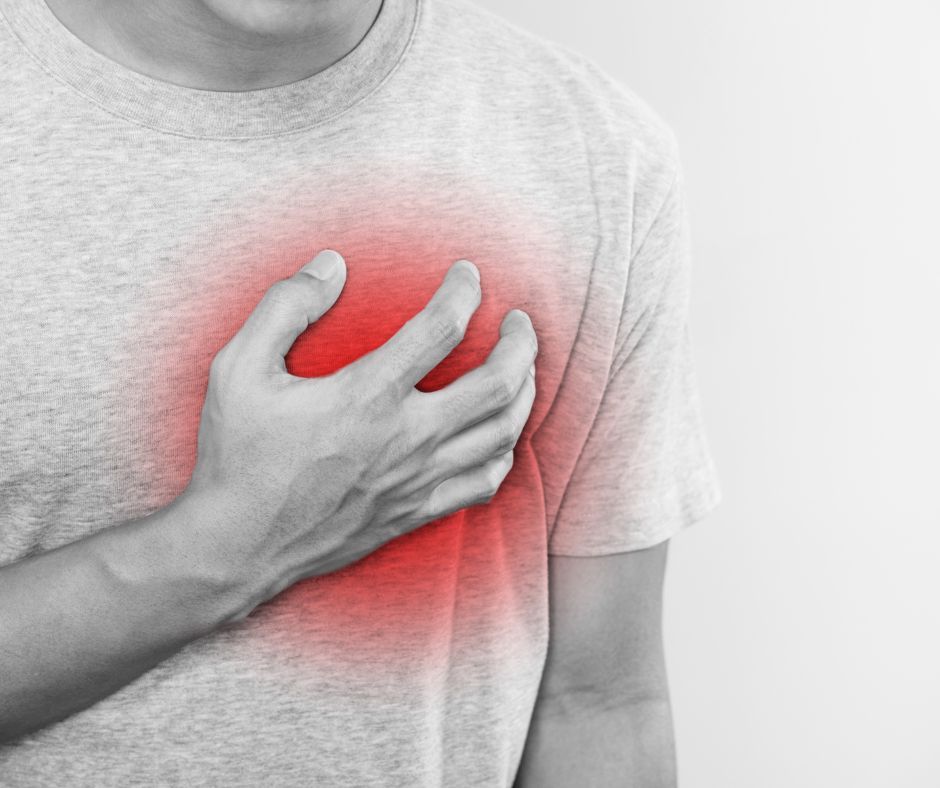Heart Failure Causes and Signs of Valve Disease
Heart failure can develop silently, often overlapping with symptoms of valve disease that are easy to overlook. From unexplained fatigue to shortness of breath and swelling in the legs, these signs may signal a serious heart condition. Understanding the link between faulty valves and heart function could be the key to protecting your health:

Risk Factors Linking Heart Valve Disease and Heart Failure
Heart valve disease and heart failure share several common risk factors:
-
Advanced age (especially over 65)
-
High blood pressure
-
Coronary artery disease
-
Previous heart attacks
-
Family history of heart disease
-
Obesity and sedentary lifestyle
-
Diabetes
-
Smoking history
-
Previous radiation therapy to the chest
Early Warning Signs of Valve-Related Heart Failure
Watch for these symptoms that may indicate valve disease progressing to heart failure:
-
Shortness of breath, especially during physical activity
-
Sudden weight gain from fluid retention
-
Swelling in ankles, feet, and legs
-
Fatigue and weakness
-
Rapid or irregular heartbeat
-
Chest pain or pressure
-
Difficulty lying flat due to breathing problems
-
Persistent cough or wheezing
Impact of Valve Disease on Heart Function
Valve disease affects heart function in several progressive ways:
-
Reduced blood flow efficiency
-
Increased strain on heart chambers
-
Enlargement of heart muscle
-
Weakening of heart walls
-
Development of scar tissue
-
Disrupted electrical signaling
-
Decreased oxygen delivery to organs
Key Differences Between Heart Failure and Valve Disorders
While related, heart failure and valve disorders are distinct conditions:
Heart Failure:
-
Overall weakening of heart muscle
-
Affects pumping ability
-
Can occur without valve problems
-
Often affects both sides of heart
Valve Disease:
-
Specific mechanical problem
-
Affects blood flow direction
-
Can exist without heart failure
-
Usually starts in one valve
Diagnostic Tests and Procedures
Healthcare providers use various tests to diagnose and monitor both conditions:
-
Echocardiogram
-
Electrocardiogram (EKG)
-
Chest X-ray
-
Cardiac MRI
-
Cardiac catheterization
-
Blood tests
-
Stress tests
-
CT scans
This article is for informational purposes only and should not be considered medical advice. Please consult a qualified healthcare professional for personalized guidance and treatment.




